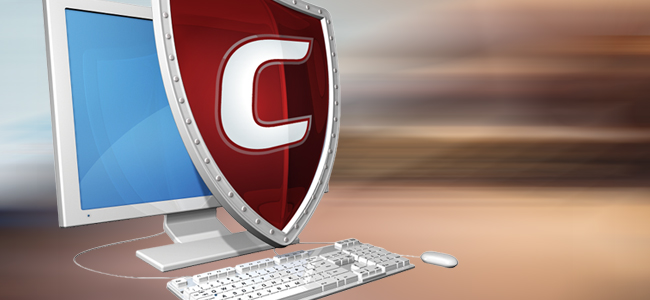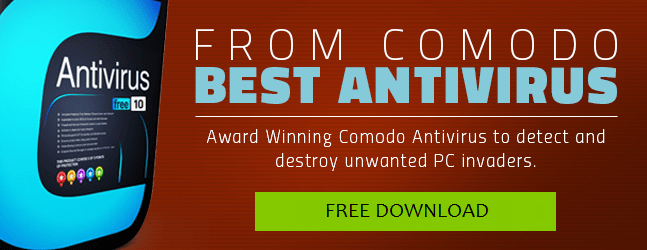
Experience has taught us to get over the notion that having a best antivirus alone would ensure security for our PC.
Yes, virus protection doesn’t end with just having an antivirus for PC; there’s much more to it, especially in today’s context when we have so many sophisticated malware that can bypass basic security software very easily.
Here’s a look at some basic virus protection methods for PCs-
Make sure you keep your OS updated…
Updating your OS (Operating System) is important; don’t ignore it. Remember, those who had got affected by the WannaCry ransomware and NotPetya had overlooked something vital. They hadn’t updated a patch on their Windows OS! Also to be remembered is the point that it was thousands and thousands of computers across over 150 countries that had got impacted. Yes, updating your OS is critical to the security of your PC.
Have an antivirus? Good! Don’t forget to update it regularly.
Anyone who uses a PC is likely to have an antivirus program installed. But if you want it to function perfectly well and block all malware, you need to update it regularly. You can set it to update the antivirus database automatically every day. Moreover also make it a practice to run system scans regularly.
Firewall- that’s important; turn that on!
Windows has a built-in firewall which helps protect PCs by filtering the information coming through the Internet. The Windows firewall is enabled by default; you could check its settings and confirm it’s working normally. You could also use any other hardware firewall as per your requirements.
Phishing emails are common, be wary of such emails.
Phishing emails are quite common these days; we tend to identify them very easily. Still, many users fall prey to phishing emails that seem to be coming from some authentic sender or company that they are familiar with. Most phishing emails are caught by the email application spam filter; web browsers also tend to block sites that phishing emails could take you to. But still, you have to exercise caution when you see an email that wants you to log in to a site and confirm personal details or which asks you for personal details (address, phone number, bank details, card details etc). If you get any such mail from a source that seems authentic, do verify by making a call if the mail is genuine.
The latest version of your browser, that’s what you must use…
Remember that you should always use the latest version of whichever browser you are using. Browsers, which are not updated, could have bugs like any other software and could help hackers who’d want to spy on you and get all those details that you type in while online, including your passwords, your card data etc. So, always make it a point to use only the latest version of your browser.
Use Windows Malicious Software Removal Tool if you are on Windows OS
You might be using a software removal tool bought from your trusted vendor. Yet, it would be advisable to use the Windows Malicious Software Removal Tool. You could get it by downloading it Windows Download Centre. This helps detect and remove certain malware very effectively.
Related Resources
Antivirus for PC



 (12 votes, 3.33 / 5
(12 votes, 3.33 / 5

